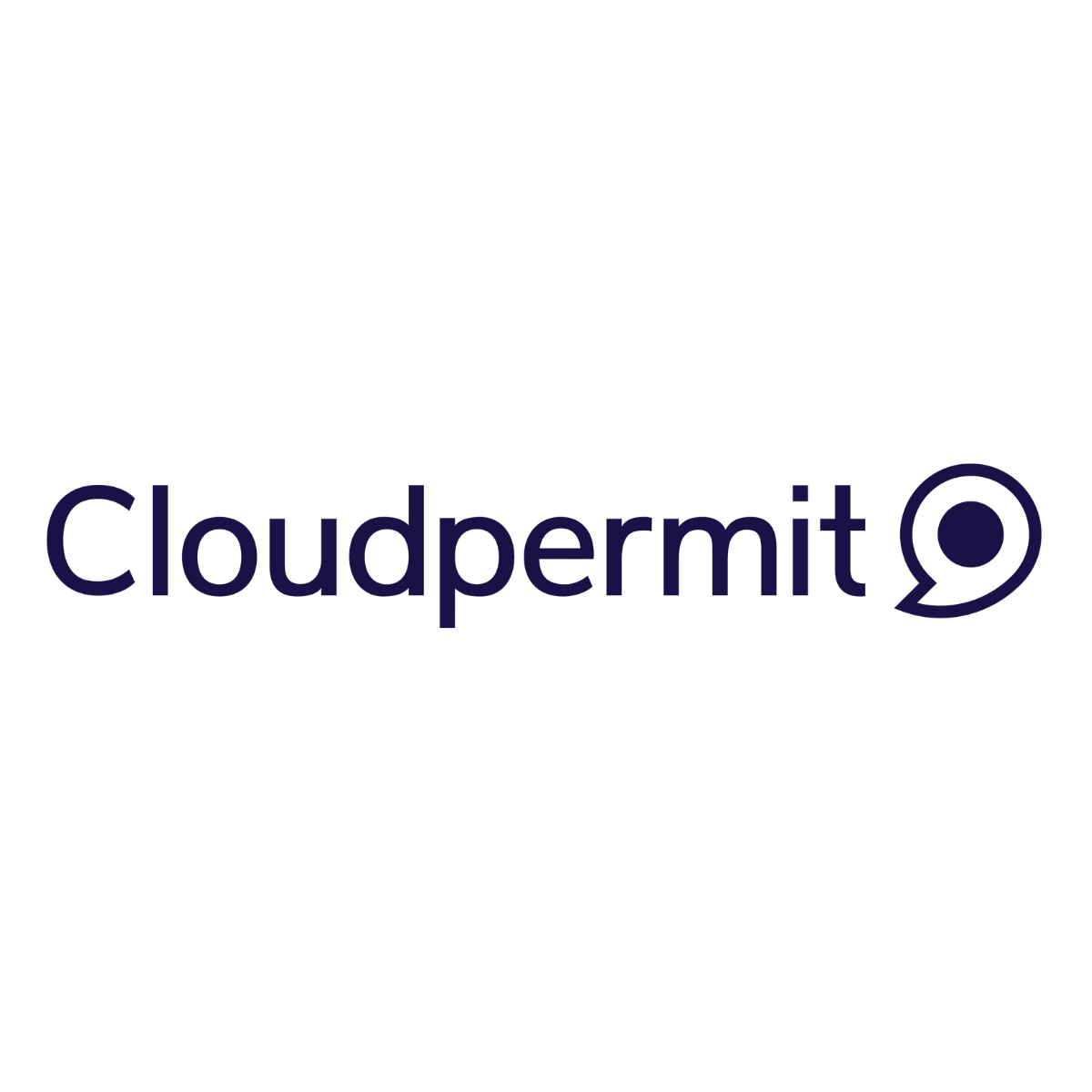Description

Accela

Diligent
Comprehensive Overview: Accela vs Diligent
Accela and Diligent are both prominent companies in the realm of government and corporate governance technology solutions, but they cater to different needs and markets. Here's a detailed overview of both:
Accela
a) Primary Functions and Target Markets:
- Primary Functions: Accela provides cloud-based software solutions specifically designed for state and local government agencies. Their platform includes applications for land management, licensing, asset management, public health, and regulation, among others. The software aims to streamline government operations, improve citizen engagement, and enhance public service efficiency.
- Target Markets: The primary market for Accela is municipal governments and agencies at the local and state levels across the United States and other international regions.
b) Market Share and User Base:
- Accela is considered a leader in the civic tech industry, with a significant market share in the public sector solutions market. Their clientele includes numerous cities, counties, and states in the U.S. Although detailed current user base numbers are proprietary, Accela has established a robust presence within its niche.
c) Key Differentiating Factors:
- Government-Specific Solutions: Accela's primary strength lies in its focus on government processes, making it highly specialized compared to more generic software solutions.
- Flexible and Scalable: The platform is designed to adapt to the needs of different-sized agencies, offering flexibility and scalability.
- Integration Capabilities: It provides extensive integration capabilities to combine with other software systems used by government entities.
Diligent
a) Primary Functions and Target Markets:
- Primary Functions: Diligent offers a suite of governance, risk, and compliance (GRC) software solutions aimed at board members and executive teams. The platform includes tools for secure board communication, document management, compliance tracking, and performance evaluation.
- Target Markets: Diligent targets corporate boards, executive teams, and leadership across various industries including financial services, healthcare, education, and more. They also cater to nonprofit organizations and governments looking for governance and risk management solutions.
b) Market Share and User Base:
- Diligent is a leader in the governance technology market, particularly recognized for its popular board portal solutions. It serves a global clientele with thousands of customers, including many Fortune 1000 companies.
c) Key Differentiating Factors:
- Focus on Governance: Diligent specializes in governance and compliance, differentiating itself from broader enterprise software solutions.
- Security: High emphasis on data security and confidentiality, crucial for sensitive board-level communications.
- Comprehensive GRC Tools: Offers a comprehensive suite that goes beyond board management to include integrated risk management and compliance tools.
Comparative Overview
- Target Audience: While both companies engage with public sector clients, Accela is predominantly government-focused at the operational level, whereas Diligent targets corporate boards and executive teams with a focus on governance.
- Functional Breadth: Accela provides solutions across various government functions, whereas Diligent focuses on executive governance and compliance.
- Market Reach: Accela's strength lies in its deep integration with government entities, while Diligent's market reach extends across various industries globally.
Overall, both Accela and Diligent have carved out significant niches within their respective areas, but they cater to different aspects of organizational needs – Accela for operational government management and Diligent for strategic governance and compliance.
Contact Info

Year founded :
1999
Not Available
Not Available
United States
Not Available

Year founded :
2020
Not Available
Not Available
Serbia
Not Available
Feature Similarity Breakdown: Accela, Diligent
Accela and Diligent are both prominent companies in the realm of software solutions, but they cater to different primary markets and have some distinct functionalities. Here's a breakdown of their similarities and differences:
a) Core Features in Common:
-
Governance and Compliance:
- Both platforms offer robust solutions for governance and compliance to meet regulatory requirements. Accela focuses on government agencies, while Diligent targets corporate governance.
-
Workflow Automation:
- Each solution provides workflow automation capabilities to streamline processes. This helps organizations eliminate manual work, reduce errors, and enhance productivity.
-
Document Management:
- They both include document management features that enable users to store, organize, and access important documents efficiently.
-
Security and Access Control:
- Both prioritize security with features like user authentication, role-based access control, and data encryption to protect sensitive information.
-
Reporting and Analytics:
- Robust reporting and analytics tools are present in both, which help organizations make data-driven decisions.
b) User Interface Comparison:
-
Accela:
- Accela's user interface is typically designed with government users in mind, often featuring modules that reflect the needs of public agencies such as permitting, licensing, and regulatory compliance.
- It focuses on simplicity and clarity to ensure government users can efficiently navigate their systems. The design is often straightforward, favoring functionality over aesthetics.
-
Diligent:
- Diligent’s interface tends to appeal to corporate board members and executives, with a more polished and professional design that is sleek and user-friendly.
- Its platform is designed to facilitate easy access to board materials, minutes, and agendas with an emphasis on intuitive navigation, reflecting a more enterprise-level polish.
c) Unique Features:
-
Accela:
- Civic Platform: Specifically designed for city, county, and state governments with solutions for permitting, licensing, and code enforcement.
- GIS Integration: Strong focus on geographic information systems for spatial data analysis and integration, which is crucial for urban planning and community development.
-
Diligent:
- Board Portal Software: Diligent is renowned for its board portal, enabling seamless meeting management, secure interactions, and efficient distribution of board materials.
- Diligent Messenger: This feature offers secure messaging specifically for boards and leadership teams, designed to facilitate confidential communication with higher security than standard email.
In summary, while there are some core functional similarities between Accela and Diligent in terms of automation, compliance, and data management, they serve different markets with distinct operational features. Accela excels in solutions for government operations, while Diligent shines in corporate governance and board management. Their user interfaces reflect these functional and demographic focuses, with Accela emphasizing utility and Diligent focusing on executive usability and aesthetics.
Features

Inspections and Code Enforcement
Citizen Engagement
Data and Reporting
Permitting and Licensing

User-Friendly Interface
Enhanced Security and Compliance
Board Collaboration Tools
Performance and Governance
Best Fit Use Cases: Accela, Diligent
Accela and Diligent are both specialized software solutions, each catering to specific needs and industries. Here’s a detailed look at the best use cases for each:
Accela
a) Best Fit for Businesses or Projects
-
Government Agencies: Accela is particularly well-suited for government agencies and municipalities. Its solutions streamline permitting, licensing, asset management, and service requests which are essential for local governments.
-
Regulatory Compliance Projects: Organizations focused on regulatory compliance can benefit from Accela’s ability to manage complex regulations efficiently.
-
Urban Planning and Development: Accela supports urban and community development projects by facilitating planning, zoning, and public works operations.
-
Environmental Agencies: With tools for environmental health and quality management, Accela helps agencies monitor and enforce environmental regulations.
Catering to Industry Verticals or Company Sizes
-
Public Sector: Accela serves primarily public sector entities, including state and local government agencies.
-
Large Municipalities and Small Agencies: The platform is scalable and suitable for both large metropolitan areas and smaller municipalities, offering flexibility in managing resources and workflows tailored to agency size.
Diligent
b) Preferred Use Cases
-
Board Management: Diligent is best suited for organizations that require robust board management and governance, including secure board meeting management and collaboration.
-
Corporate Governance: Companies focused on enhancing corporate governance and compliance would find Diligent’s comprehensive suite invaluable.
-
Risk Management: Organizations needing sophisticated tools for enterprise risk management and compliance tracking can benefit significantly.
-
Non-Profit Organizations: With its strong governance and compliance tools, Diligent is ideal for non-profits needing effective board member collaboration and transparency.
Catering to Industry Verticals or Company Sizes
-
Large Enterprises and Public Companies: Diligent is designed for larger organizations where strong governance and compliance controls are crucial. It serves industries including finance, healthcare, and technology.
-
Global and Multinational Organizations: The platform’s capabilities support complex organizational structures and multiple jurisdictions, making it suitable for multinational corporations.
-
Small and Medium Enterprises (SMEs): Though it caters primarily to large organizations, SMEs with a strong focus on governance can also leverage its functionalities.
Both Accela and Diligent cater to specific needs across different industry verticals. Accela excels in supporting government functions and public sector management, while Diligent is the go-to solution for organizations needing comprehensive governance and board management tools, ranging from large enterprises to governance-focused SMEs.
Pricing

Pricing Not Available

Pricing Not Available
Metrics History
Metrics History
Comparing undefined across companies
Conclusion & Final Verdict: Accela vs Diligent
To provide a well-rounded conclusion and final verdict regarding Accela and Diligent, it's important to consider the specific needs and priorities of users, as both products cater to distinct sectors and use cases. Here's a breakdown based on general information about these platforms:
Conclusion:
Accela and Diligent are both robust platforms offering unique functionalities targeted towards different sectors. Accela is widely recognized for its solutions tailored to government agencies, providing tools for permitting, licensing, and code enforcement. Diligent, on the other hand, is renowned for its governance, risk, and compliance (GRC) solutions, focusing on board management and secure collaboration.
a) Best Overall Value:
Accela likely provides the best overall value for government agencies and public sector organizations seeking comprehensive civic management solutions. Its suite of applications is specifically designed to address public sector challenges and improve operational efficiencies.
Diligent offers superior value to organizations prioritizing governance, risk management, compliance, and effective board communications. Its focus on secure collaboration and streamlined governance processes is beneficial for private sector companies, non-profits, and public organizations with a strong emphasis on compliance.
b) Pros and Cons:
Accela:
-
Pros:
- Specialized features for public sector needs.
- Strong in license and permit management.
- Customizable workflows to suit various civic processes.
- Cloud-based solutions allow for flexibility and scalability.
-
Cons:
- May be limited for industries outside the public sector.
- Implementation can be complex due to customization options.
- Potentially higher costs for extensive customizations.
Diligent:
-
Pros:
- Excellent for governance, risk, and compliance.
- Enhances board organization and communication.
- Highly secure data management with a focus on confidentiality.
- Intuitive interface for collaboration and decision-making.
-
Cons:
- Primarily geared towards boardroom and executive-level functions.
- May be overkill for small organizations or those with less complex needs.
- Pricing could be a consideration for smaller entities with budget constraints.
c) Specific Recommendations:
-
For Public Agencies: If your primary need is efficient management of civic services, licenses, and permits, Accela is the preferable choice. It's designed to handle the intricacies of government operations and can be customized to meet specific regulatory requirements.
-
For Corporates and Non-profits: If your organization requires a strong focus on board management, secure collaboration, and ensuring compliance, Diligent is the recommended solution. Its features can significantly streamline governance procedures and enhance decision-making.
-
Cross-Consideration: If an organization falls somewhere in between these sectors, it is crucial to assess the specific features and capabilities most relevant to its operations. Evaluate trial versions or request demonstrations to better understand how each platform aligns with your strategic goals and operational demands.
Ultimately, the decision should be based on the specific considerations and strategic objectives of the organization, as well as budgetary constraints and desired functionalities.
Add to compare
Add similar companies




